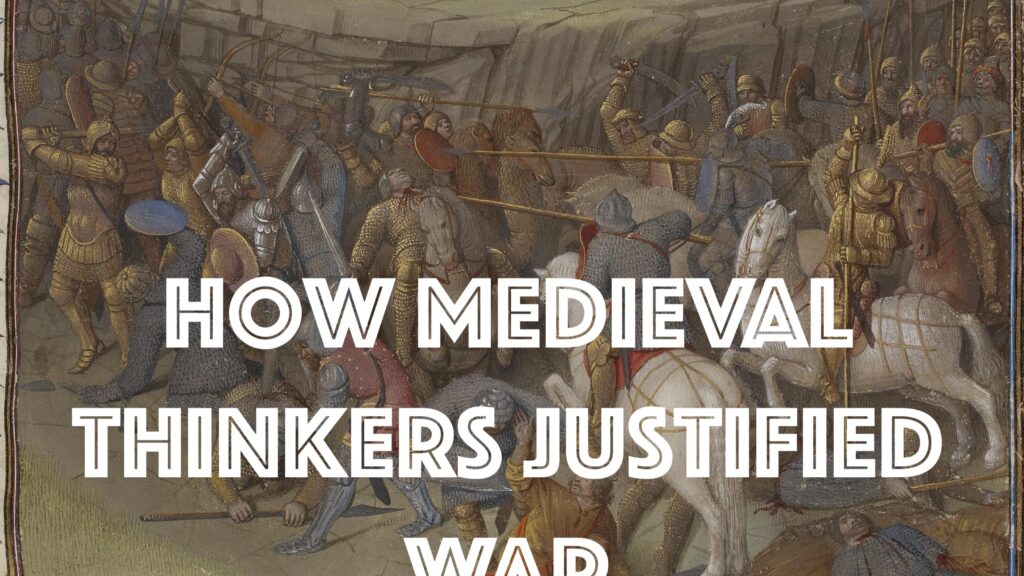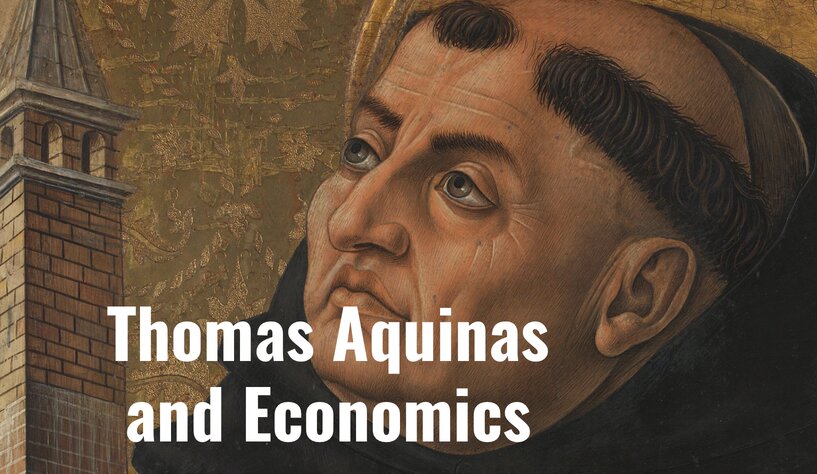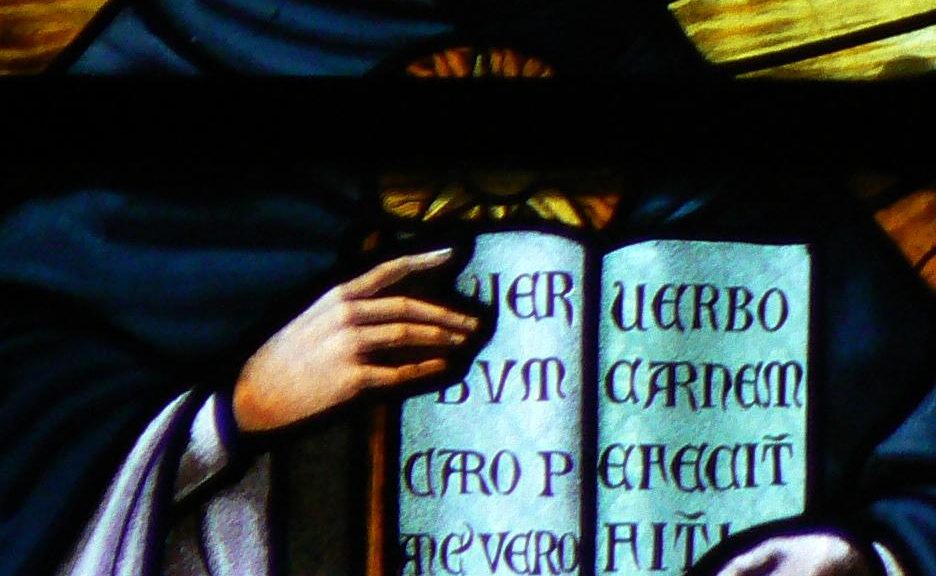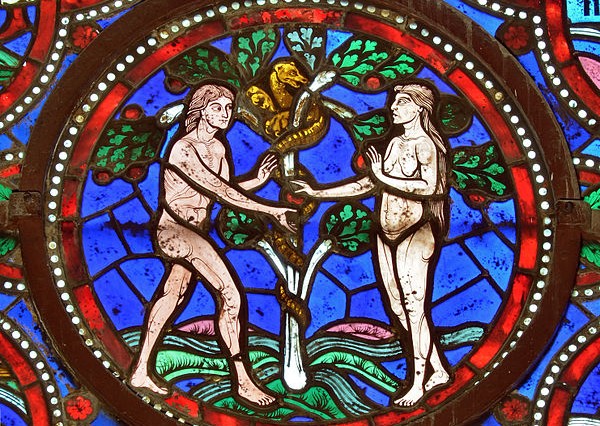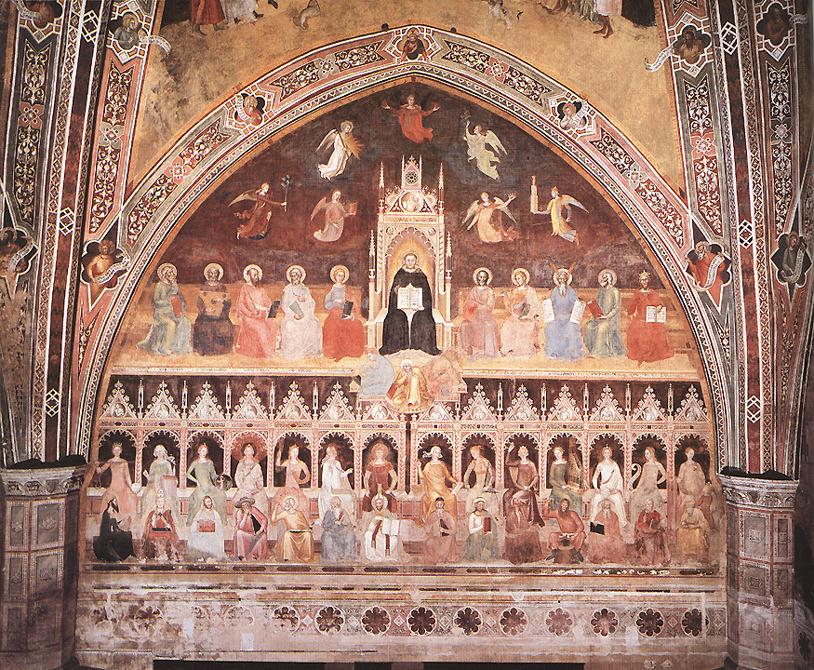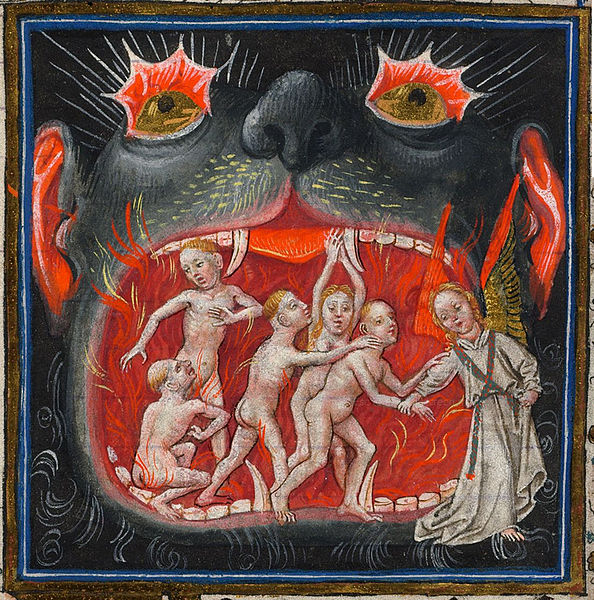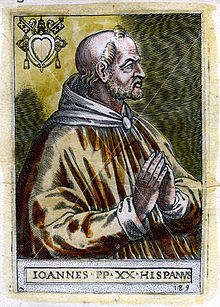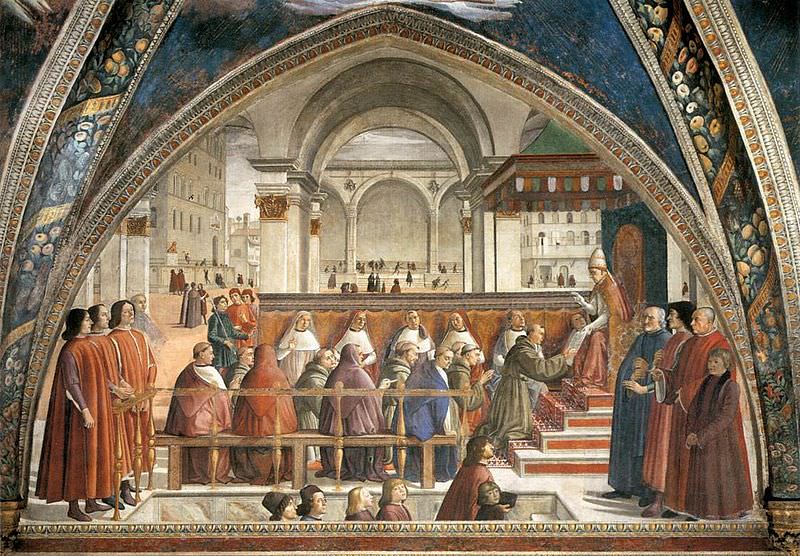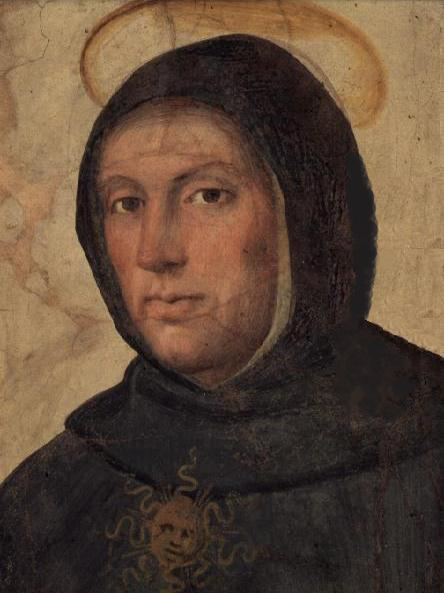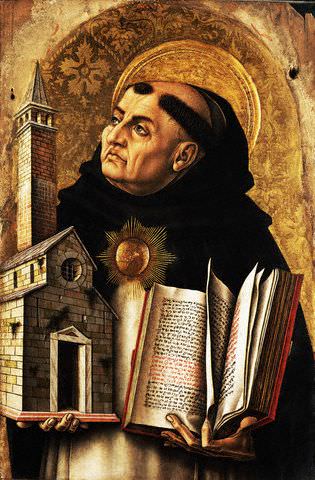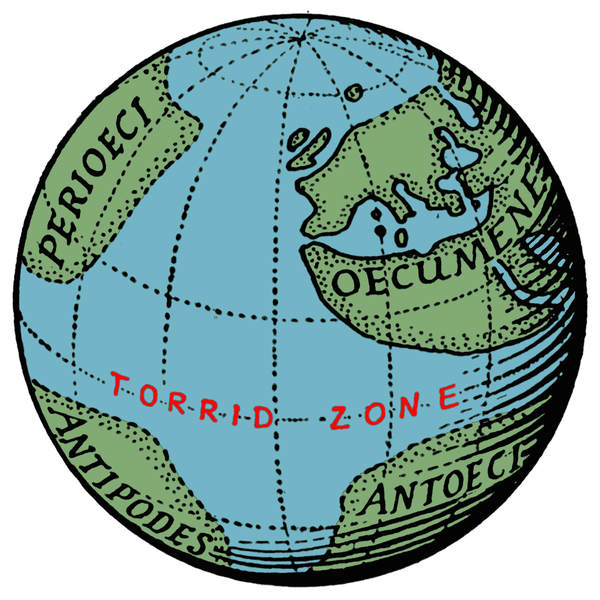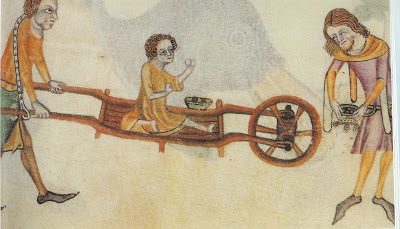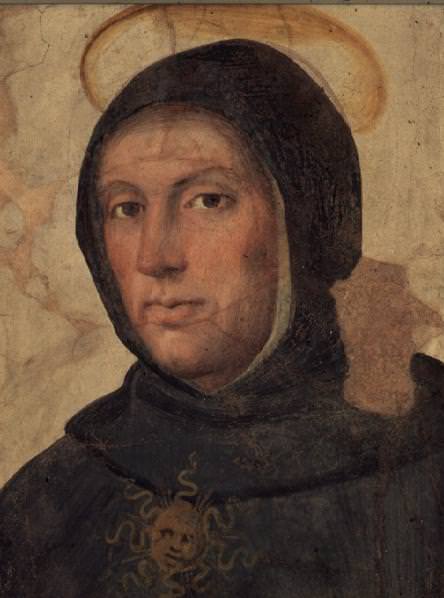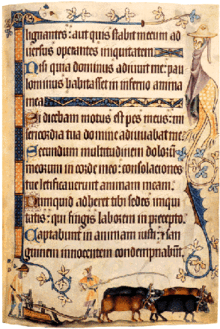How Medieval Thinkers Justified War: From Augustine to Aquinas
Explore how war was understood in the Middle Ages through the ideas of Augustine and Aquinas, including just war theory, public vs. private violence, and the role of sin and political authority.
Thomas Aquinas died from head trauma, study suggests
A recent study has revisited the mysterious death of Thomas Aquinas, one of the most influential theologians and philosophers of the Middle Ages
New Medieval Books: A Brief Life of Thomas Aquinas
Thomas Aquinas stands as a pivotal figure in the medieval history of Christianity. This biography of the 13th-century theologian, penned by one of the foremost experts on Aquinas, offers deep insight into his life and legacy.
Relics of St. Thomas Aquinas come to Washington D.C.
The major relics of St. Thomas Aquinas, including his skull, will be on display in Washington, D.C., from November 29 to November 30, 2024.
How Thomas Aquinas Influenced Economic Theory and Practice
Views on just prices and marketplace behavior from a thirteenth-century saint.
Aquinas on Infinite Multitudes
To my knowledge, it is only in ST I, 7,4 that Aquinas considers quite on its own the question whether actually infinite multitudes are possible.
Aquinas, Averroes, and the Human Will
Scholars have largely read Aquinas’ critique of Averroes on the issue of will and moral responsibility in a positive light.
Is woman just a mutilated male? Adam and Eve in the theology of Thomas Aquinas
In this chapter I propose to deal directly with some of the contested passages and argue that their meaning is not always what it seems to be at first sight: their textual and theoretical context, developments in Aquinas’s thought and the historical background offer clues for alternative readings.
Neither Cursed Nor Possessed: Mental Abnormality in the Late Middle Ages
I plan to address the more formal ecclesiastical proscriptions regarding mental abnormality.
Defenders of the Faith: Augustine, Aquinas, and the Evolution of Medieval Just War Theory
Christianity has always had a difficult relationship with the concept of war. After all, it is impossible to follow Christ’s command to ‘love one’s neighbor’ on the battlefield.
To See with the Eyes of the Soul: Memory and Visual Culture in Medieval Europe
In this article I shall therefore take a closer look at how people thought about the subject of memory and why memory was considered so important in the Middle Ages.
God is Great, God is Good: Medieval Conceptions of Divine Goodness and the Problem of Hell
The medieval notions of goodness and hell seem to make God more a sadistic torturer than a caring parent.
Aquinas on Torture
Here we are faced with something that, for this writer at least, is something of an enigma. It does not appear that Aquinas approved of this practice. Nowhere does he defend it, although he explicitly defends putting heretics to death.
Petrus Hispanus (circa 1215-1277) and ‘The Treasury of the Poor’
The identity of Petrus Hispanus is a matter of some controversy. Part of the problem is centred on the fact that ‘Hispanus’ covers the general region of the Iberian Peninsula, referred to in medieval times as ‘las Españas’ (the Spains), incorporating both present day Spain and Portgual.
Narratives of resistance: arguments against the mendicants in the works of Matthew Paris and William of Saint-Amour
The rise of the new mendicant orders, foremost the Franciscans and Dominicans, is one of the great success stories of thirteenth-century Europe. Combining apostolic poverty with sophisticated organization and university learning, they brought much needed improvements to pastoral care in the growing cities.
Women’s Devotional Bequests of Textiles in the Late Medieval English Parish Church, c.1350-1550
My investigation is set within the context of the current high level of interest in the workings of the late medieval parish.
How to study St. Thomas Aquinas: An interview with Therese Scarpelli Cory
He’s not the kind of thinker who wants to complicate things or show off his brilliance—he just wants to make sense of the world the best he can, within the limitations of the human mind.
The Psychology of Natural and Supernatural Knowledge according to St. Thomas Aquinas
For some 50 years now, I have been studying the texts of St. Thomas on cognition. Over the years periods of intensive study of the texts have alternated with periods of reflection without reference to concrete texts and long periods in which the topic lay fallow, because I was occupied with other concerns.
The medieval principle of motion and the modern principle of inertia
Aquinas’s First Way of arguing for the existence of God famously rests on the Aristotelian premise that “whatever is in motion is moved by another.” Let us call this the “principle of motion.” Newton’s First Law states that “every body continues in its state of rest or of uniform motion in a straight line, unless it is compelled to change that state by forces impressed upon it.” Call this the “principle of inertia.
From Rome to the antipodes: the medieval form of the world
Here we discuss how some medieval scholars in the Western Europe viewed the form of the world and the problem of the Antipodes
Civic and Religious Understanding of the Mentally Ill, Incompetent, and Disabled of Medieval England
This brief summary covered the fourth paper given at KZOO’s Mental Health in Non-medical Terms. It covered ways in which theologians, like Thomas Aquinas, tried to categorize mental disability. Aquinas also tried to prove that the mentally impaired were able to receive sacraments depending their lucidity and where they fit in his four categories. It was an interesting and enjoyable paper.
Rule by Natural Reason: Late Medieval and early Renaissance conceptions of political corruption
This paper argues that, from about the eleventh century CE, a new and distinctive model of corruption accompanied the rediscovery and increased availability of a number of classical texts and ideals, particularly those of Cicero and the Roman Jurists.
Foolishness and Fools in Aquinas’s Analysis
Fools are legion. This self-evident truth, vouched for by Holy Scripture, is quoted more than twenty times by Thomas Aquinas: ‘stultorum infinitus est numerus’.
Origins of the Medieval Theory That Sensation Is an Immaterial Reception of a Form
Let me begin my own discussion of Aquinas by saying that it seems to me that Cohen adequately proved that it was a mistake to view the sensible form as existing in the soul rather than the organ, and that Aquinas is not denying to the sensible form as received by the sensor a place in the physical world, or indeed physical existence, when he says it exists immaterially or spiritually.
The Virtuous Pagan in Middle English Literature
From the first through the fourteenth centuries, a succession of solutions to the problem of these virtuous pagans evolved. For the Early Church, an attractive solution was that Christ descended into Hell to convert the souls he found there.
